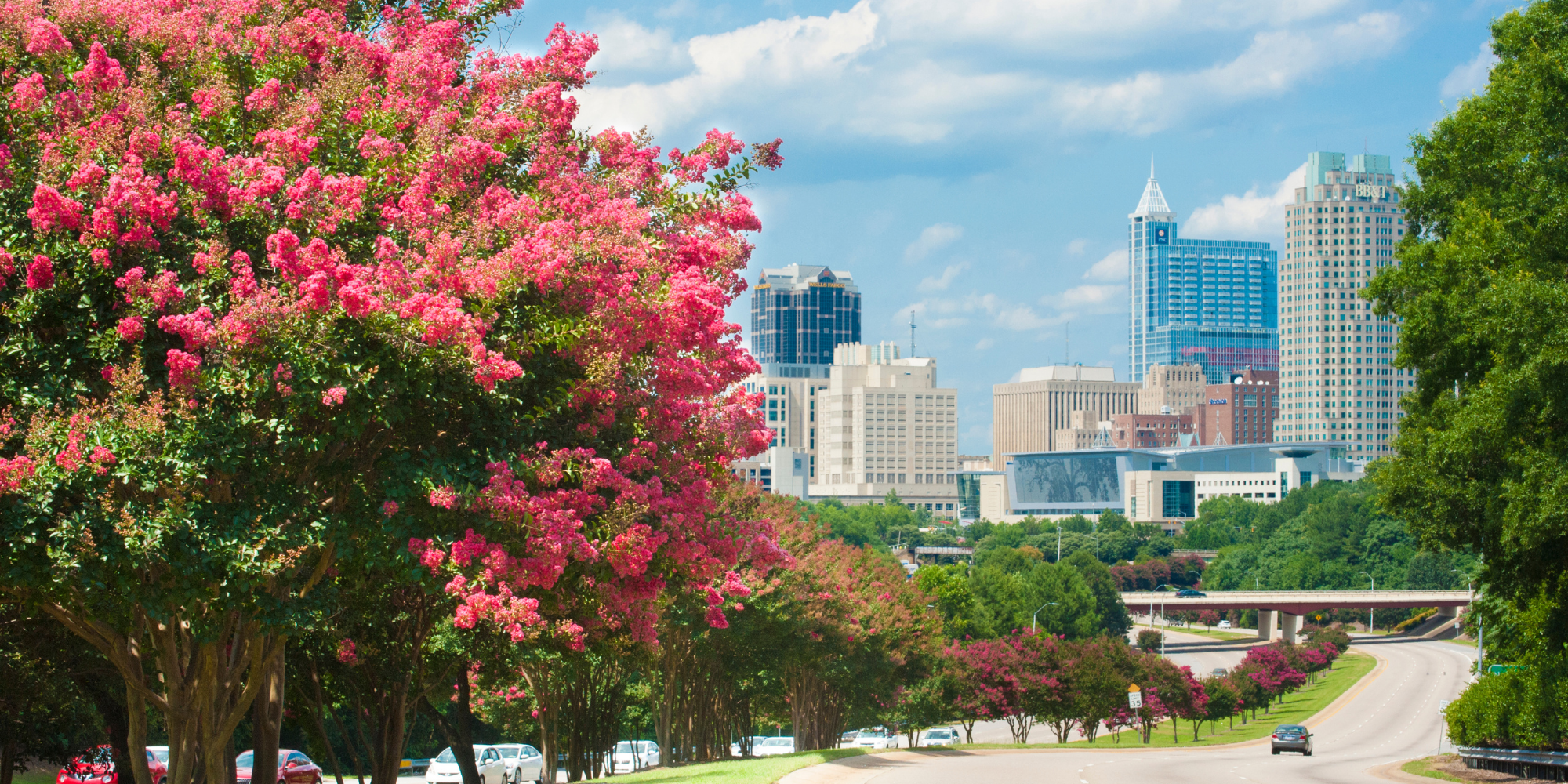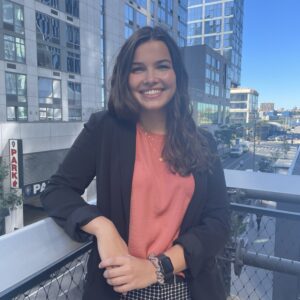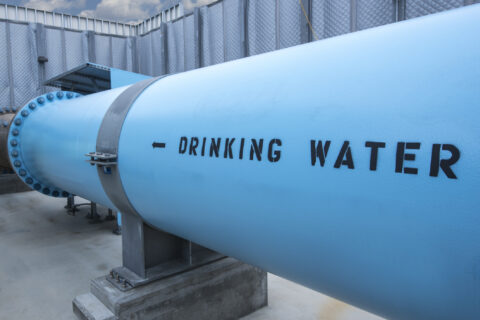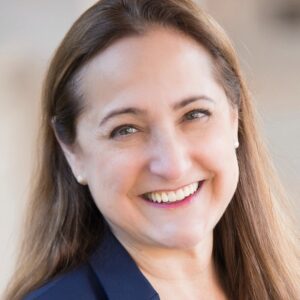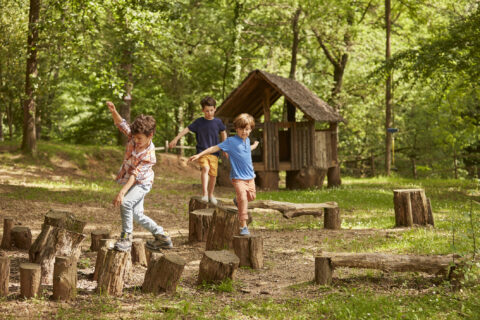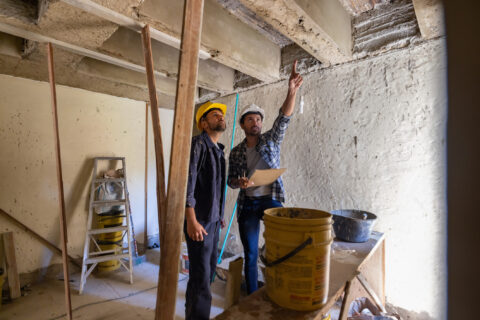The city of Raleigh, NC has been experiencing rising flooding and heat risks over the past few years as a result of climate change. According to the city’s Community Climate Action Plan, the city saw the greatest number of extreme rain events since 1900 between 2015 and 2018. These events can lead to significant flooding and catastrophic impacts on residents, exacerbating burdens on already vulnerable neighborhoods. Residents of low-income status, seniors, those with disabilities and Black, Indigenous or other people of color are most susceptible to enduring health disparities and environmental inequities from climate change. Raleigh’s Community Climate Action Plan recognizes this disparity and highlights strategies to address flooding, heat islands and other climate risks using an environmental justice lens that emphasizes resident empowerment. To support this work, the city is partnering with community-based organizations (CBOs) to build relationships and trust with residents to empower community members to craft their own resilience strategies.
One of these groups is Partners for Environmental Justice (PEJ), a Raleigh-based CBO focused on advocacy and education on Raleigh’s environmental issues as a strategy to cultivate trust with community members. Its focus is on environmental justice concerns around frequent flooding, wetland dumping and damage to the wetland ecosystem. PEJ has established relationships with more than 20 local community groups, making it a valuable partner for the city when it comes to understanding community needs. Using funding from NLC’s Leadership and Community Resiliency (LCR) program, Raleigh partnered with PEJ to pilot the Raleigh Watershed Learning Network, a program in predominantly Black neighborhoods centered on convening city staff, subject matter experts and academics to share knowledge with residents on watershed management, civic engagement, and environmental justice. After six weeks of training, Raleigh participants developed projects to address flood concerns in their respective neighborhoods, such as neighborhood outreach tool to help residents understand the purpose of stormwater fees and a property-level solution for nuisance flooding using homemade rain barrels.
PEJ and Raleigh hosted a second Watershed Learning Network cohort in fall 2021. Funding from Raleigh through NLC’s LCR grant, and the neighboring town of Cary enabled PEJ to host the project and provide stipends to residents to encourage participation. Six community members participated in the six-week program and designed a variety of projects, including:
- An app to increase awareness about environmental issues and local resources
- The city’s Little Rock Creek Stream Water Monitoring Program
- Wake County Big Sweep Trash Collection Event
- Litter clean-up and watershed education exchange

Raleigh and PEJ are looking to expand the impact of this project. They are engaging in conversations about what projects to approach next, considering other climate issues outlined in the action plan, including addressing heat issues and flooding, and looking into additional funding sources to expand the existing project.
Raleigh’s experiences provide lessons learned that may help other local leaders better approach their work on environmental justice and community engagement:
- Partner with trusted CBOs. PEJ is a long-standing community organization and a trusted service delivery institution in the community. The city itself was not as trusted in many of the communities it was working to solve challenges. The residents lacked trust in city services due to longstanding, unresolved flooding issues; from the city side, it lacked capacity to do to door-to-door engagement and more red tape to foster trust with residents in comparison to PEJ. All of these factors create unintentional barriers from cities forming trusting relationships with residents on its own or for specific projects. From a respect and equity perspective, CBOs have more capacity to offer residents stipends for their candor and expertise. Collaborating with CBOs encouraged project participation and helped intermediately build trust between Raleigh and the communities.
- Let community organizations take the lead. CBOs understand existing needs in the community and should take the lead in identifying specific needs and creating solutions. Raleigh staff understood that PEJ needed to lead, and that the government’s role was to act as a facilitator. This enabled PEJ to help build trust between residents and the city. Raleigh supported PEJ by providing funding, seeking additional funds through grants, filling gaps and offering staff support. Because each organization focused on its strengths, the city and PEJ were able to build a strong partnership.
- Fully engage in hard conversations about feasibility. Creating a relationship with a CBO requires transparency and willingness to have hard conversations. Recognizing the organizational capacity of the CBO is important to ensure that the programs are not going to overload them or their available funding. Raleigh staff had transparent conversations with PEJ to understand their capacity to take on additional programming as well as their strengths and growth areas to understand what was feasible for collaboration. Engage in difficult conversations about the next steps and priorities to ensure a healthy partnership.
Learn more about NLC’s Sustainability & Resilience work.
Follow the Leadership & Community Resilience program.
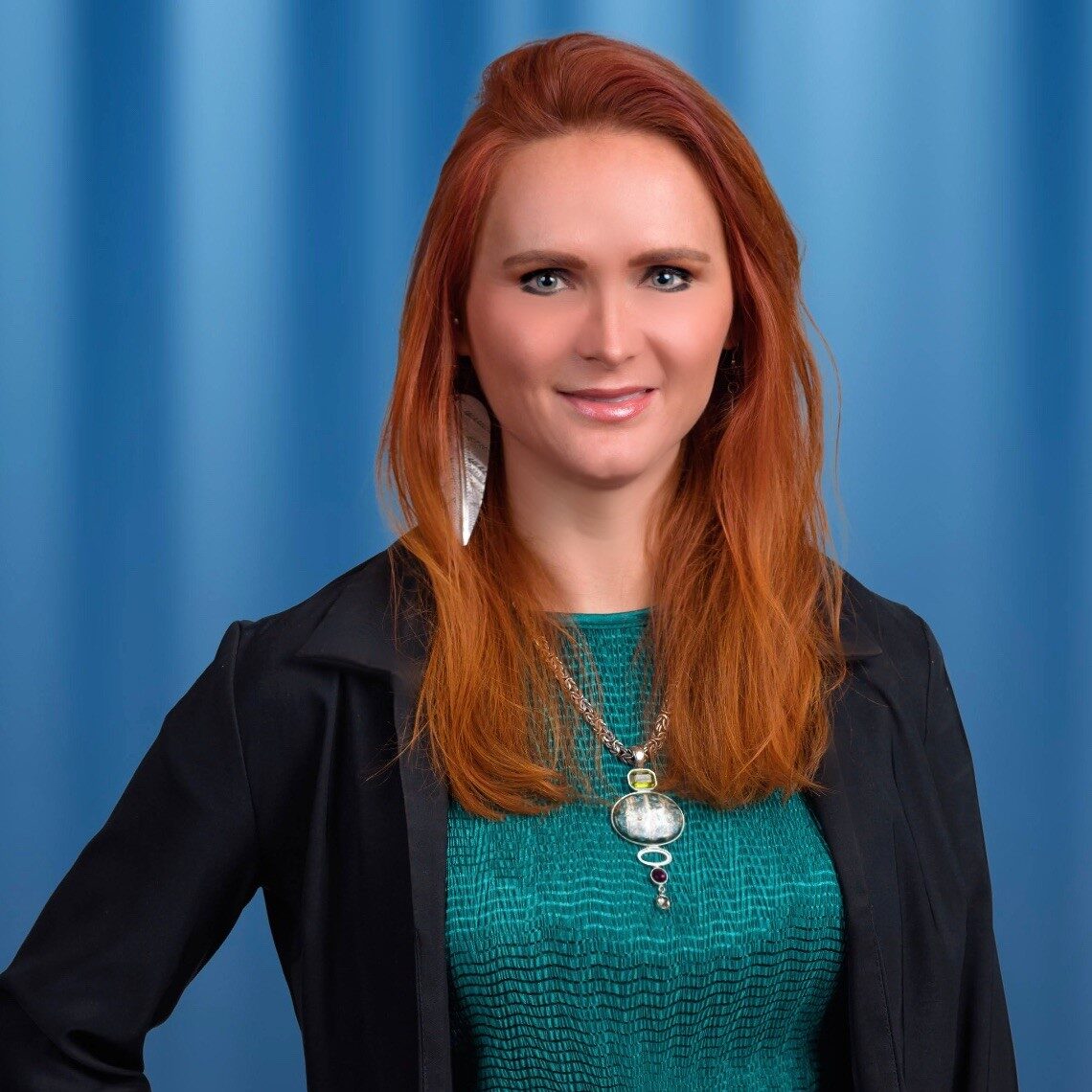
Contributing Authors:
Megan Anderson leads the City of Raleigh’s Office of Sustainability and serves on the Executive Leadership team, as well as on the Equity Leadership team.
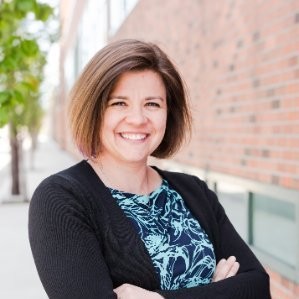
Nicole Goddard is Sustainability Analyst with the City of Raleigh.
